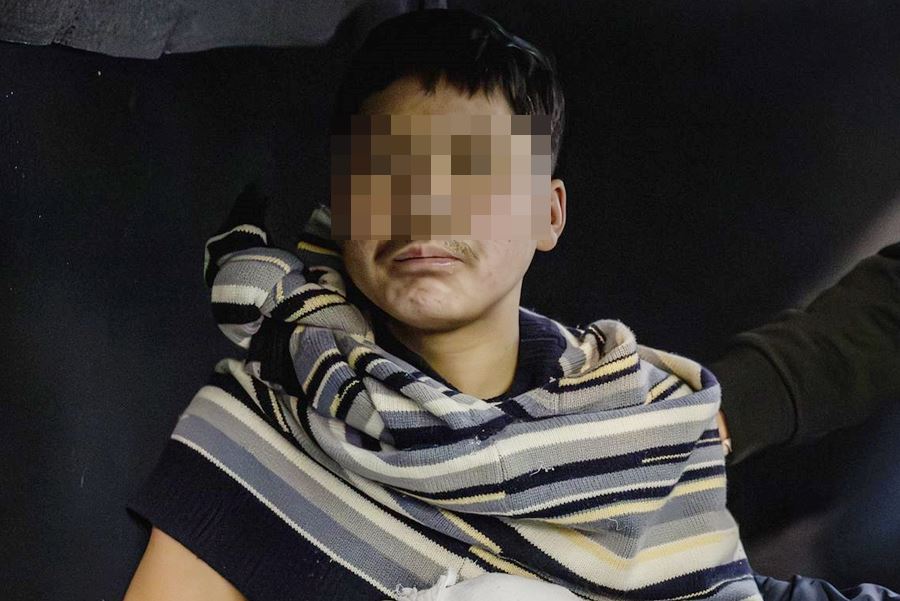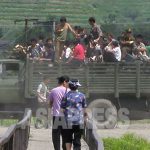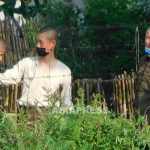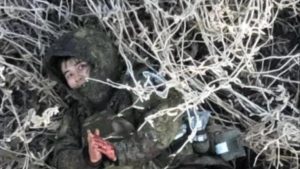
Reports indicate that numerous North Korean soldiers deployed to Russia have been killed in action. Ukrainian and South Korean authorities estimate the death toll at 3,000-4,000. Information about these casualties is now spreading within North Korea. While the Kim Jong-un regime has not officially acknowledged the deployment and strictly controls related information, news of the deaths appears to be spreading through informal channels. (By KANG Ji-won / ISHIMARU Jiro)
◆How is information about casualties reaching North Korea?
"Word is spreading that many of our soldiers are dying in Russia. The information came from 'the front' (southern region) - perhaps through South Korean broadcasts," reported a reporting partner in northern North Korea, on January 19.
How exactly is this information entering the country?
On January 16, South Korean military authorities used large loudspeakers near the military boundary to broadcast that two North Korean soldiers had been captured by Ukrainian forces, that there were casualties, and that suicide notes had been found among soldiers' belongings. Additionally, many people in the southern regions close to South Korea secretly watch South Korean TV and radio broadcasts. This suggests the casualty information may have spread northward from the south.
There's also the possibility that North Korean defectors in South Korea and Japan have spread this information to family and acquaintances in the Chinese border region using illegal Chinese mobile phones. The spread of information likely involves a combination of these channels.
◆Parents Try to Avoid Military Service
North Korea's spring military recruitment process is about to begin in earnest. As preliminary physical examinations, background checks, and placement preferences get underway, the reporting partner said that parents of draft-age sons are increasingly anxious:
"Parents are panicking now that they know not only about deployments to Russia but also about the casualties. One acquaintance sold their house to raise money (bribes) for a university recommendation to keep their son out of the military. Many families have only one son, so they're worried about losing them. Many parents are trying to get their sons into the navy, air force, or security bureau (police) where they're less likely to be sent to Russia."
※ In North Korea, men typically enter military service at age 17 after high school graduation. University or technical school enrollment delays conscription.
"A friend who has a son in the 'Storm Corps' inquired about him and confirmed he's still stationed domestically, not in Russia. According to what they heard, soldiers from Hoeryong, Musan, and Hyesan near the Chinese border aren't being sent to Russia. They're not trusted because they might desert (since these areas have many defectors, and soldiers might have family or acquaintances who have defected)."
※The 'Storm Corps' is considered an elite North Korean military unit, and South Korean authorities believe it forms the core of forces deployed to Russia.
◆Youth Volunteers Emerge, Seeking Foreign Deployment
Surprisingly, some young people who've learned about the Russian deployments are actually volunteering to go.
"Some reckless young people are volunteering for service, saying they want to experience a foreign country or participate in actual combat. Applications are usually processed through schools, but what will happen? Students from border regions probably won't be allowed to go," the reporting partner said.

























